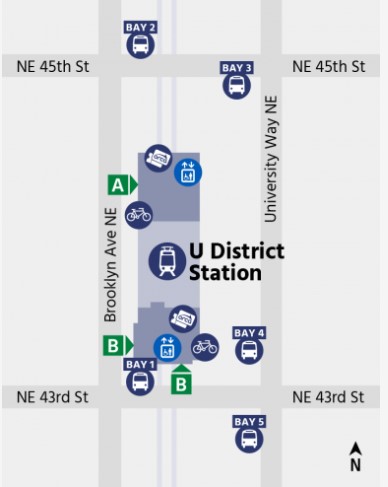Fire Safety and Evacuation Plan
Updated February 7, 2024
University organizational units are required to develop a written Fire Safety and Evacuation Plan (FSEP) for each campus building they occupy. EH&S provides fire safety resources to our campus partners, including a template to be used as a starting point to develop your Fire Safety and Evacuation Plan.
